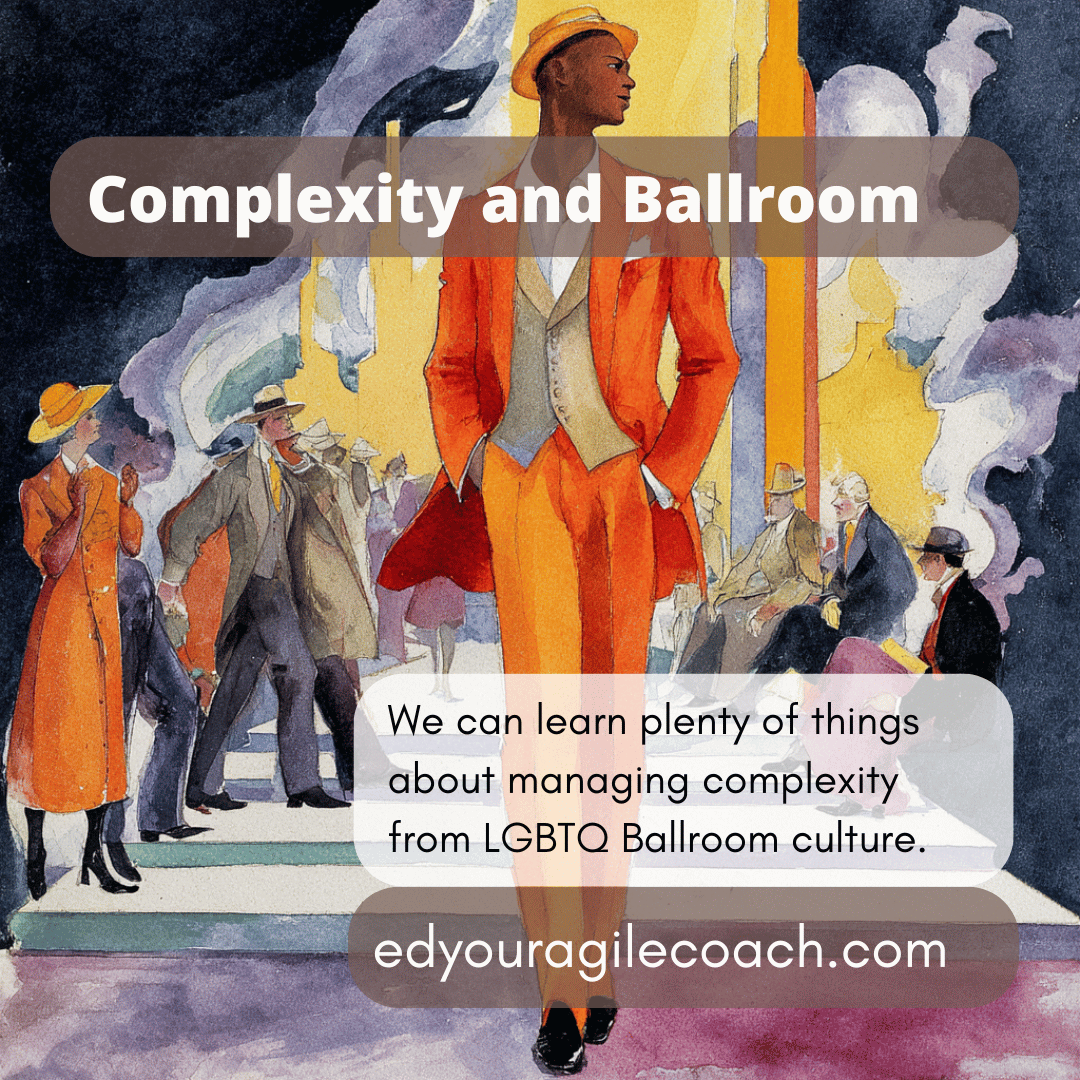Listen you will become a servant leader.

The agile reformation is about making work more sustainable, satisfying, and sane. I have spent most of my time as a scrum master and coach in my career. I have learned plenty of things about myself and others. My educational background is in speech communication and journalism. I even enjoyed performing in the Community Theater. It made me the kind of person who was comfortable in a room speaking to others. Unfortunately, the training did not give me the most important skill necessary for servant leadership: listening. You are an empty suit reciting words without the ability to listen to others.
Often, we are distracted when we are attempting to listen to others. Phones, tablets, and television screens fight for our attention. It is up to each of us in a leadership role to eliminate these distractions, turn off the devices, and give someone our full attention. It is not easy. Leaders are afraid of missing a call from the boss or not receiving an important e-mail. Great leaders set those fears aside because they know the people speaking to them are giving up their time and experience to talk to them. The exchange of information is always helpful.
People's communication with you shares crucial information about what is happening in the organization. Individuals are often closer to the problems you cannot see, so they have insight into how to fix them or need feedback before implementing those improvements. Another reason people speak to you is they want to share their hopes, dreams, and aspirations. People, especially those in large organizations, want someone to listen.
The book Co-Active Coaching discusses three levels of listening. The first level is casual listening, which we do daily in our social circles. It acts as a way to get through the day quickly, but it is not listening. The more advanced listening levels go beyond the superficial and focus on the content of what was said. More profound listening focuses on the subtext of what people are saying. The more advanced forms of listening allow you to understand body language and what people are NOT saying. All this information comes together to create an accurate picture of the person's thinking, feeling, and meaning.
It is listening, where you attempt to understand and empathize with the person speaking, where you can find value in the most challenging situations. If you listen in this fashion without judgment, you will be able to understand what people need in order to succeed rationally. You will also be in a position to provide it.
Listening is a principal component of servant leadership. It establishes trust and builds credibility with the people you serve. The skill allows you to solve problems better. We do not talk about listening as much as we should, as the economy continues to shift toward service and creativity. I feel that it is changing. I have been working in technology and agile for over twenty years. Only recently, I have learned how to listen to the people around me. I wish I had learned that skill sooner.
Until next time.




Comments ()